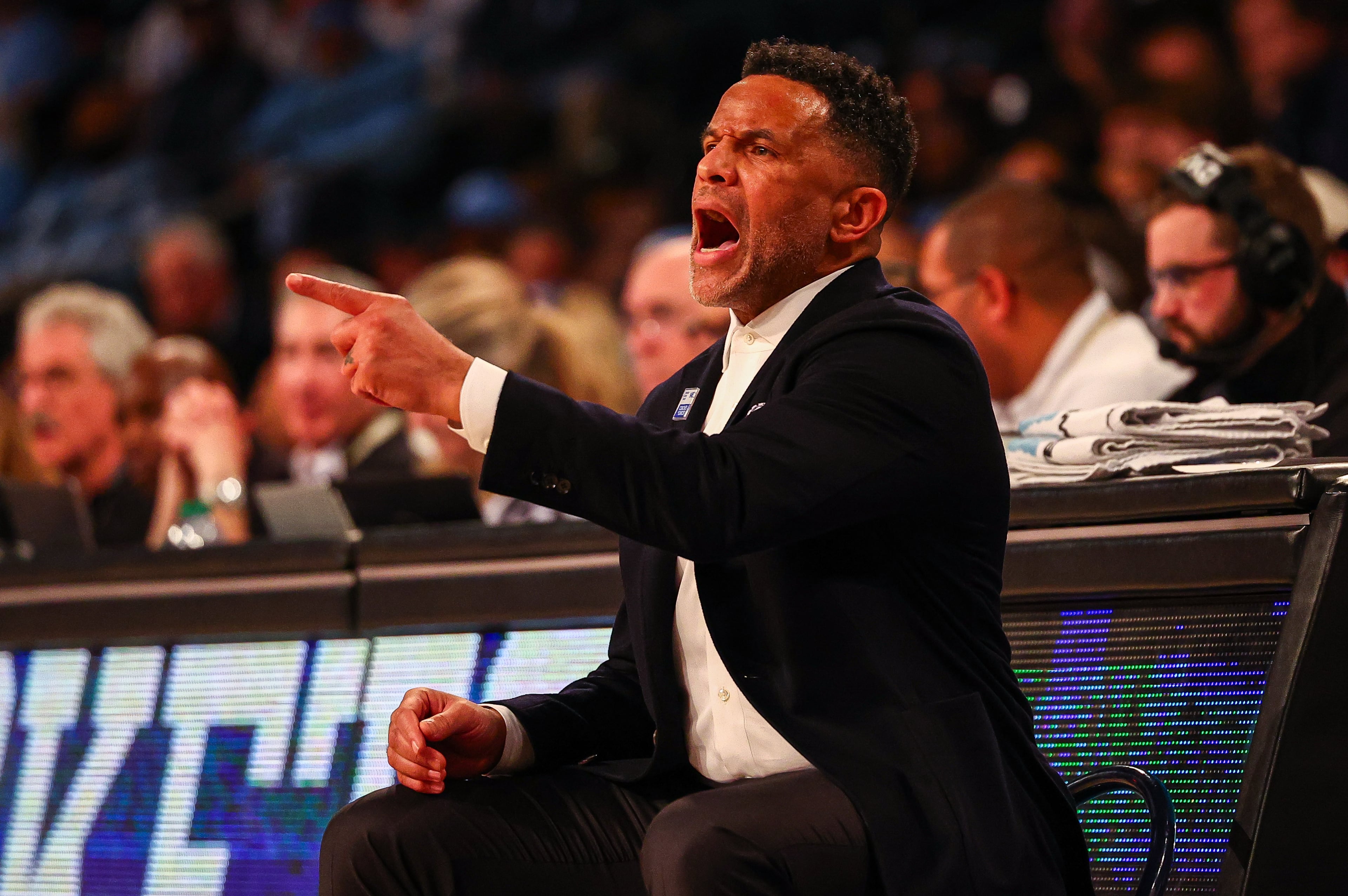Defensive turnaround a major catalyst for Georgia Tech’s winning season

As Georgia Tech prepares to go into its season finale against its most bitter rival, a lot of attention will be paid to Tech’s offense and whether it can sustain, for a third game in a row, utilizing two quarterbacks as part of the game plan.
But the Yellow Jackets (7-4) would not be in the position they are in, with a chance at eight regular-season wins, eligible for a bowl game for a second season in a row and tied for fourth place in the ACC, without the incredibly improved play of the team’s defense.
Tech’s turnaround on the defensive side has been nothing short of remarkable. Under first-year defensive coordinator Tyler Santucci, the Jackets have improved in nearly every major statistical category from 2023, but most notably in stopping the run and preventing first downs on third down.
The Jackets finished the 2023 season ranked 128th nationally in rush defense by allowing 221.3 yards per game. This season? Tech is the 32nd-best team nationally having given up just 121.3 yards per game on the ground.
And on third down, Tech has only allowed the opposition a new set of downs 30.7% of the time. That’s down 13% from the 2023 team that ranked 105th nationally in that department.
Tech coach Brent Key knew his defense had to improve in 2024 if his entire team was going to be better. Bringing in Santucci, defensive line coach Jess Simpson, defensive backs coach Cory Peoples and Kyle Pope to instruct the defensive ends and linebackers has paid immeasurable dividends.
The second-year coach also knew he needed help on the roster. He added Warren Burrell (Tennessee), Syeed Gibbs (Rhode Island) and Zachary Tobe (Illinois) in the secondary, E.J. Lightsey (Georgia) and Jackson Hamilton (Louisville) at linebacker and defensive linemen Jordan van den Berg (Penn State), Romello Height (Southern California) and Thomas Gore (Miami) out of the transfer portal.
That group has meshed seamlessly with defensive backs LaMiles Brooks, Clayton Powell-Lee, Ahmari Harvey, Taye Seymore, Rodney Shelley and Omar Daniels, linebackers Kyle Efford and Trenilyas Tatum and linemen Sylvain Yondjouen Joshua Robinson, Kevin Harris, Makius Scott and Zeek Biggers.
It’s a group that is allowed about five fewer first downs per game than last season, ranks 44th in total defense (340.5 yards per game) compared to 120th in 2023 and has allowed the opponent to enter the red zone only 28 times — its fewest in seven years with two games still remaining.
The most important stat, of course, is points. And the Jackets are giving up seven fewer points per game this season than last year. Tech played six of the top nine scoring offenses in the ACC and faced Notre Dame who has put up 39 points per contest this season.
“We had some tough games this year, some tough losses, but we found a way to bounce back,” Lightsey said. “We fought through adversity. That’s something we preach all the time.”
Tech’s final test comes in the form of No. 10 Georgia (9-2), a team led by quarterback Carson Beck that is one of the nation’s best in passing offense and red zone offense. The Bulldogs have won six in a row against Tech and are averaging 41.3 points during that streak.
Georgia hasn’t scored less than 27 points in the rivalry since winning a 13-7 game in 2015.
Friday’s matchup will have a lot of discussion as to how Tech’s offense will operate in Sanford Stadium, but the outcome may be mostly dictated by the play of the Jackets’ defense, a unit which evokes the ferocity of sharks and grizzly bears when they discuss their style of play.
“The mentality is just like it is every other week,” Lightsey said of facing UGA. “We’re just trying to go and get a win. But this one gonna be great for sure. Big rivalry, old school, and, like we say, state championship. So I’m just ready to make it to Friday and come out with a win.”



